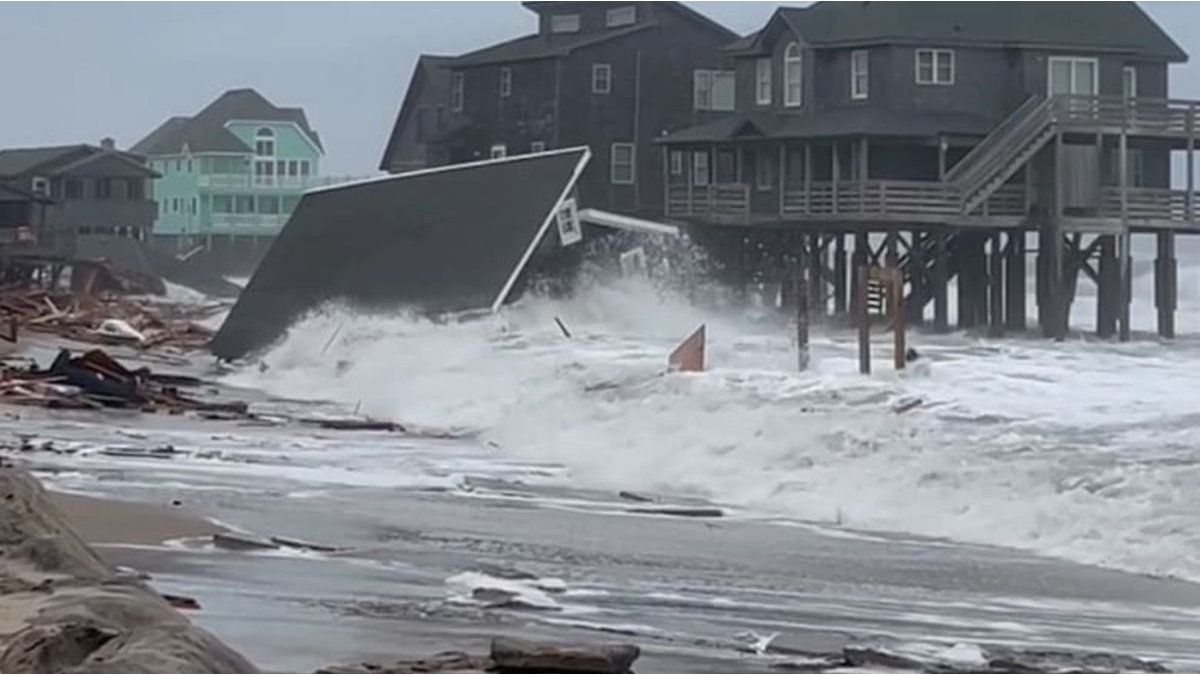Anyone who goes on a trip has a lot to tell – in retrospect. In advance, it is wise to inform yourself not only about the applicable Corona regulations, but also about applicable regulations and changes to motorway or parking lot fees. Here are some important innovations in neighboring and holiday countries.
Italy
In Austria’s favorite holiday destination, a speed limit for electric scooters has been in place since November. A maximum of 6 km / h, generally a maximum of 20 km / h, is allowed in pedestrian zones. “In addition, there will be no parking on the sidewalk in Italy from next year,” explains Maria Renner from ÖAMTC Tourism. Since November there has also been the possibility of introducing “pink parking lots” for pregnant women and parents with children up to two years in our neighboring country. Anyone who misuses the reserved parking space without authorization must pay an administrative fine of up to 660 euros. The penalty for the unauthorized use of disabled parking spaces has also been increased to between EUR 168 and EUR 672.
France
Winter tires are already mandatory in France between November 1st and March 31st of the following year for mountain regions in the Alps, Pyrenees and Vosges, in the Jura and Massif Central and on Corsica. The exact zone within a department is determined by the respective authority and can change annually. A current overview map is available at securite-routiere.gouv.fr. The beginning and end of the zones are indicated by special signage. Within these zones, winter tires (M + S marking) must be used on all four wheels during the specified period (minimum tread depth 3.5 mm). Alternatively, snow chains can be carried, which have to be fitted in wintry road conditions. In other départements, the use of winter tires can also be stipulated for a short period of time by signposting if the weather conditions are appropriate.
Germany
From 2022, car, truck and bus drivers will have to carry two additional mouth and nose covers (face masks) in the first-aid kits of their vehicles. An exact date has not yet been set, but the legal change is planned for the coming year.
Slovenia
In our southern neighboring country, the switch from the sticker to the e-vignette takes place in two steps. Since December 1, 2021, the annual vignettes of classes 1 (motorcycle), 2A (car), 2B and the half-yearly vignette of class 1 are only available digitally. From February 1, 2022, this also applies to the monthly and 7-day vignettes. The annual vignettes are only valid for twelve months (e.g. December 20, 2021 up to and including December 20, 2022), so you can buy them whenever you want. Another innovation is that all digital vignettes can be pre-dated up to 30 days.
Poland
As early as December 1, 2021, a new e-TOLL system was introduced in Poland to collect tolls on state-administered motorways. Since then, fees have been paid on the A2 and A4 using the e-TOLL app or by purchasing an e-ticket.
Spain
As of January 2022, the entire urban area of Madrid was declared an environmental zone (Zona de Bajas Emisiones, ZBE). This applies all year round around the clock. Vehicles registered in Spain require an environmental badge (Distintivo Ambiental) to enter. “For vehicles registered abroad, proof of the required emissions standard by means of a registration certificate is sufficient,” says the ÖAMTC tourist expert Renner.
Belgium
In the environmental zones of Brussels, Ghent and Antwerp, driving in diesel vehicles with the Euro 4 emissions standard will be banned from next year and will therefore no longer be free of charge. For those and other vehicles that are no longer allowed to enter the environmental zone, there is the option of buying a day pass for entry for 35 euros (a maximum of eight times per year).
All innovations at oeamtc.at/neuerungen2022
Corona rules
Thailand
The government has temporarily tightened the entry rules because of the spread of the Omikron variant. The quarantine-free “Test & Go” model for fully vaccinated people is suspended with immediate effect. However, already registered vacationers are likely to enter the country as planned. The situation will be reassessed on January 4th. The sandbox model, which has been running since July on the largest island of Phuket, where fully vaccinated tourists can take a quarantine-free vacation under certain conditions, is to continue.
Italy
A corona test is mandatory for all travelers from EU countries until New Year’s Eve. Unvaccinated people are quarantined for five days. All travelers must also complete a digital registration. Only vaccinated and convalescent people (2G) can eat in restaurants or ski huts. Anyone using public transport or closed ski lifts must be tested negative, vaccinated or recovered (3G).
Switzerland
Every traveler must show a negative PCR test and register in the electronic contact tracking portal. A second test (antigen test) is required four to seven days after arrival. It is compulsory to wear a mask in public transport and indoors. Restaurants and bars have a choice: You can also allow unvaccinated people who have had a test or only allow access to vaccinated and convalescent people. Antigen tests are valid for 24 hours. All bundled information at: mySwitzerland.com/offen
France
Unvaccinated persons must show a negative PCR or antigen test that is not older than 24 hours for entry. 3G applies to museums, restaurants and ski stations. People over 65 years of age need a booster vaccination if they were vaccinated seven months ago. Bus and train travelers must have recovered, vaccinated or tested.
Source: Nachrichten




